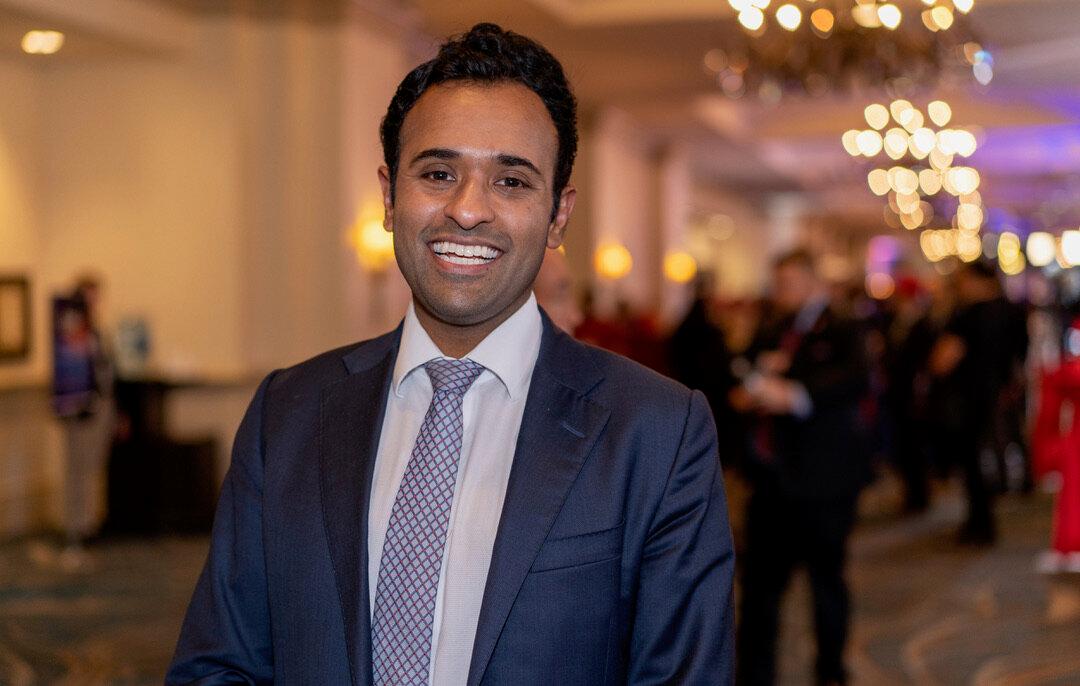“We want the people who run the government to be the people we elect to run the government—not the managerial elites who pull the strings from behind the scenes,” says entrepreneur and commentator Vivek Ramaswamy.
In a recent episode of “American Thought Leaders,” host Jan Jekielek discusses the undue influence of bureaucrats in government and the private sector over the workings of U.S. democracy with Vivek Ramaswamy, founder of a billion-dollar pharmaceutical company and author of “Woke, Inc.: Inside Corporate America’s Social Justice Scam.” Here Ramaswamy shares his ideas on ways Americans can ultimately force large corporations to abandon woke ideology and this merger of governmental and corporate power.






